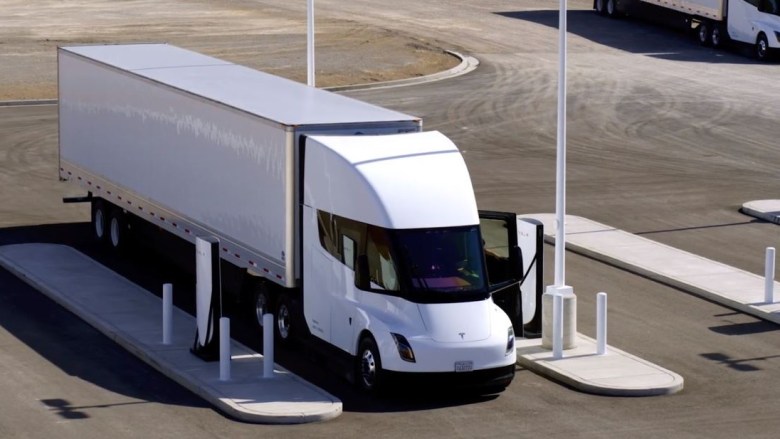
California’s governor, Gavin Newsom, flew more 6,000 miles to Rome this month to deliver a brief speech on climate change at a Vatican-sponsored conference.
Media reports of Newsom’s appearance centered on his verbal potshot at former President Donald Trump and his conversation with Pope Francis who, Newsom said, praised his unilateral suspension of executions in California.
However, the governor did devote a little time to climate change, mostly reiterating his villainization of the oil industry.
“It’s because of the burning of gas, the burning of coal, the burning of oil,” Newsom said. “We have the tools. We have the technology. We have the capacity to address the issue at a global scale and they’ve been fighting every single advancement and we have got to call that out.”
At this point, we should remind ourselves that Newsom’s constant gallivanting to polish his image as a political heavyweight depends on planes and automobiles that burn petroleum. Nevertheless, he has proclaimed that California will by 2045, just 21 years hence, become carbon emission-neutral.
In 2022, the state Air Resources Board issued a “scoping plan” with multiple precise steps to achieve the goal. Newsom hailed it as “a comprehensive roadmap to achieve a pollution-free future” and, with characteristic hyperbole, “the most ambitious set of climate goals of any jurisdiction in the world … (that could) spur an economic transformation akin to the industrial revolution.”
That’s a lot to be done in just a couple of decades, and there’s not been a particularly noticeable amount of progress. In fact, there’s been some regression.
It’s questionable whether California will have enough power from solar panels and windmills not only to fill current demand but supply additional juice for the many millions of battery-powered cars and trucks that the plan envisions.
Fearing blackouts, Newsom pressed to keep some natural gas-fired power plants and the state’s only nuclear-powered plant operating past their planned phaseout dates. Electric car sales have languished, even though automakers are supposed to quit selling gasoline- and diesel-powered vehicles in just 11 years. Car buyers are leery because the state still has only a fraction of the recharging stations conversion requires.
Furthermore, to deal with a budget crisis, Newsom has slashed spending on climate change programs.
One of the biggest unknowns about a carbon-neutral future, however, is the impact on economic sectors that depend on transportation. A new report on one of those sectors, Southern California’s logistics industry, frames the issue.
A half-century ago, Southern California’s leaders bet the region’s future on the twin ports of Los Angeles and Long Beach becoming the nation’s primary conduit for trade with Asia, and the transportation and warehousing facilities to handle cargo.
The new report from the California Center for Jobs and the Economy, an offshoot of the California Business Roundtable, reveals how impressively that goal has been achieved.
What it terms the “regional trade cluster” is the region’s largest single source of employment, supporting 1.85 million jobs, two-thirds of which require only a high school education or less — an important characteristic given its huge immigrant population.
However, global transportation is a cutthroat business and the twin ports have seen their traffic decline in recent years due to competition from ports with lower operational costs. The sector is also being pressed by state and local authorities to convert ships, trucks, locomotives and other machinery to low- or no-emission propulsion, at huge cost. There has been a backlash against the massive warehouse complexes in inland areas.
Can the industry undergo the massive conversion Newsom’s plan envisions in just 21 years — without becoming terminally uncompetitive and shedding the jobs on which so many of the region’s families depend?
It’s a microcosm of the larger uncertainty.
CalMatters is a public interest journalism venture committed to explaining how California’s state Capitol works and why it matters.

